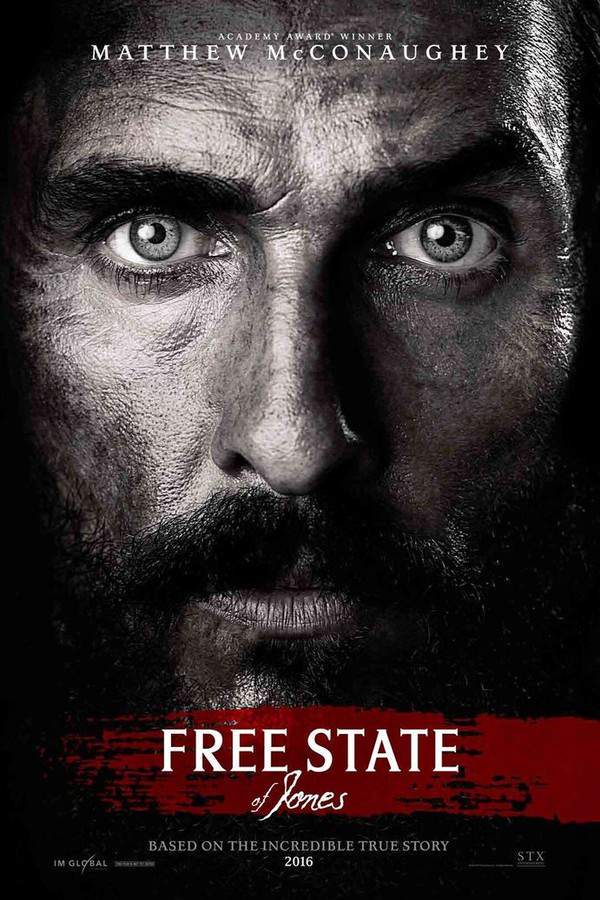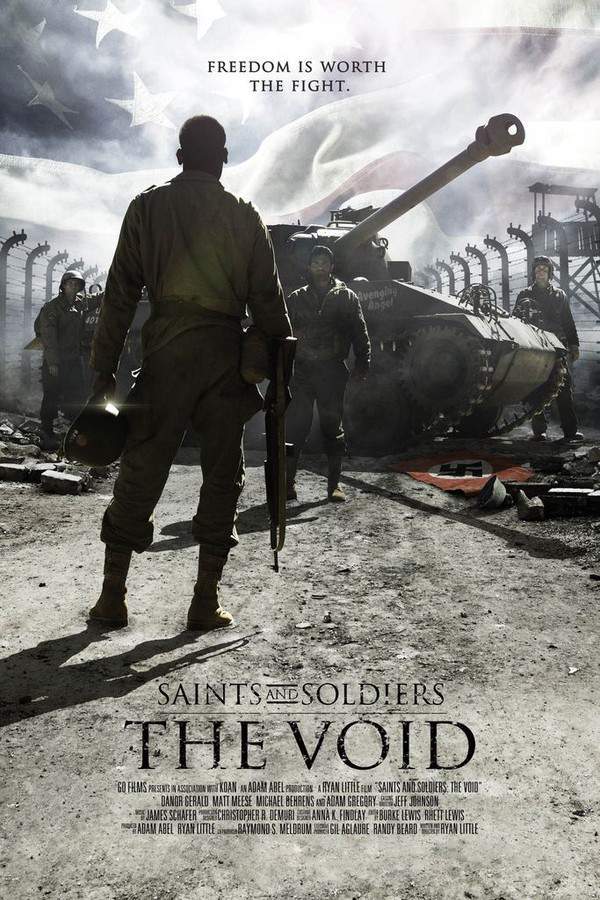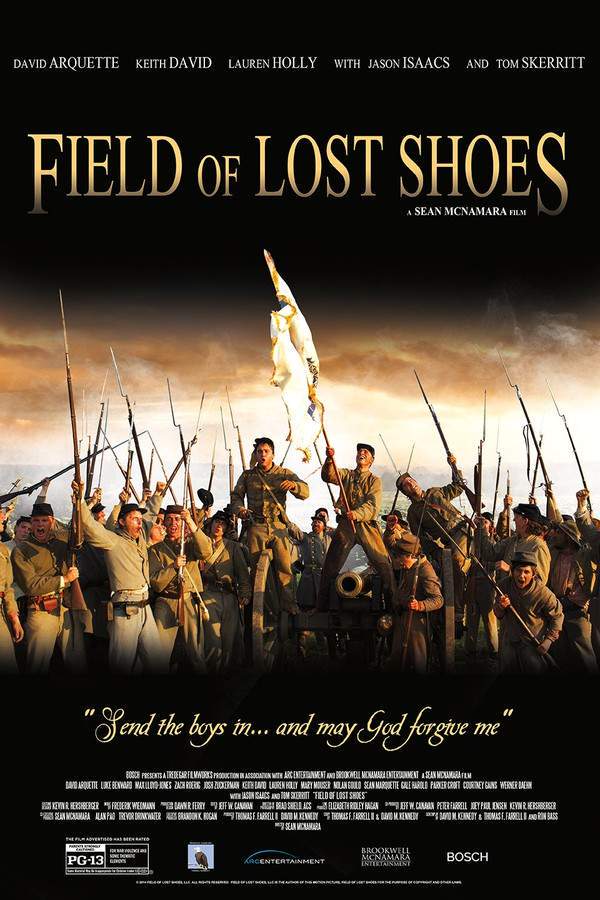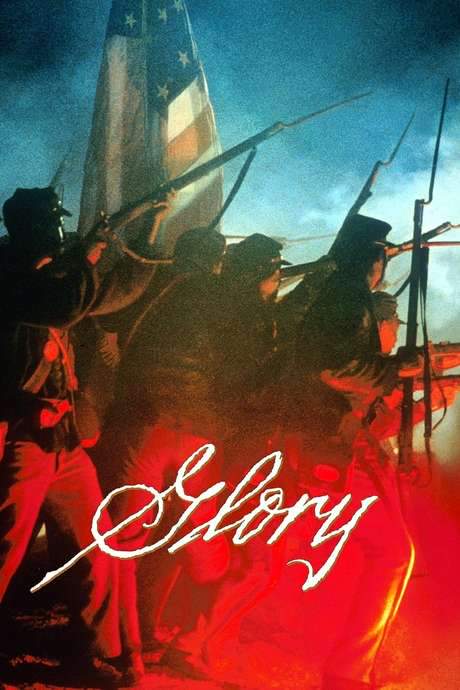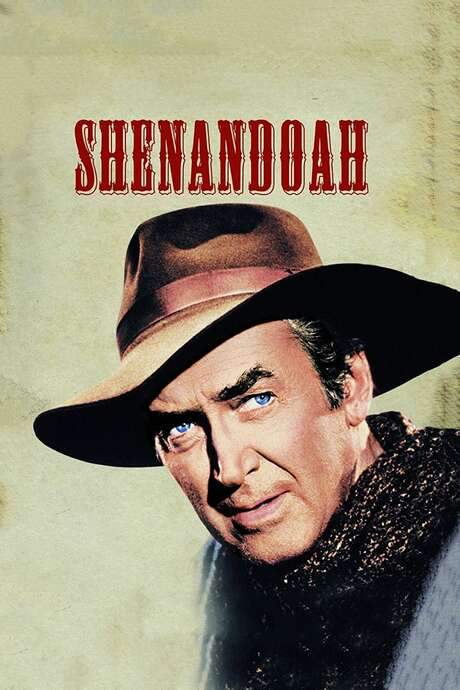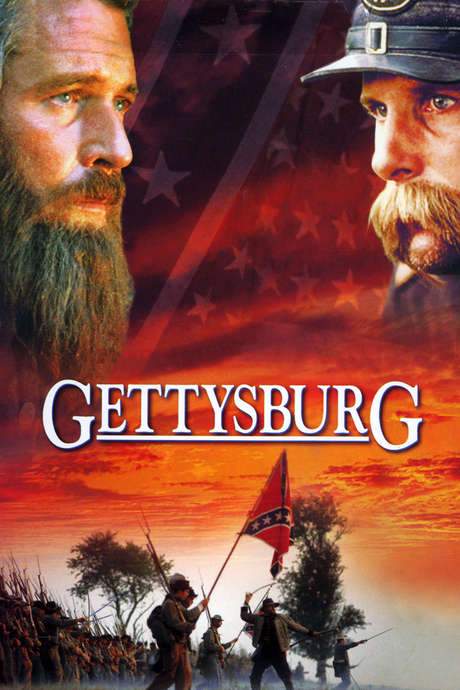Gods and Generals 2003
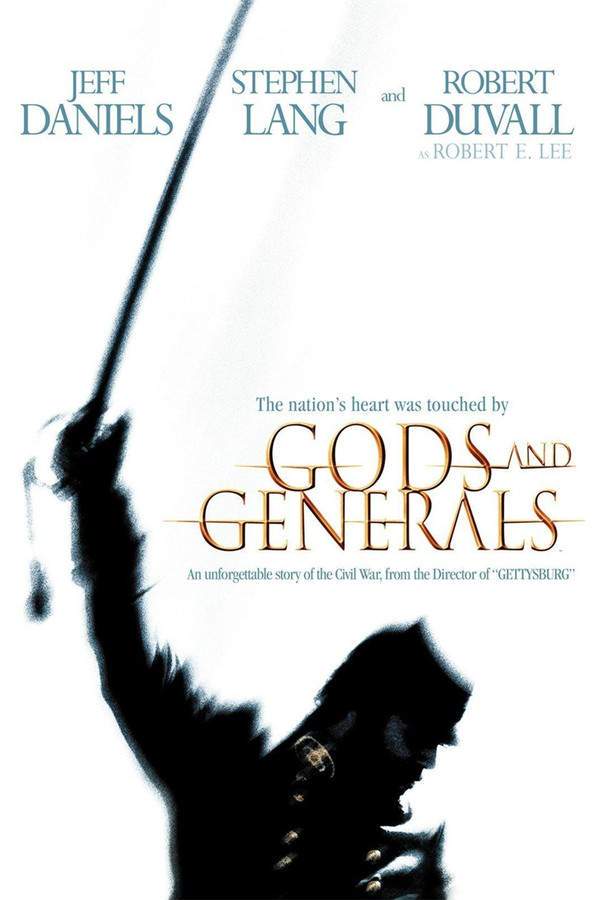
As the American Civil War begins, the nation faces a growing conflict. Gods and Generals portrays the war's initial campaigns, from the first battle of Manassas to Fredericksburg, examining the experiences of soldiers and civilians alike. The film explores the personal beliefs and sacrifices that drive those involved in the fighting, offering a deeper understanding of the events leading up to Gettysburg and the immense toll of war.
Does Gods and Generals have end credit scenes?
No!
Gods and Generals does not have end credit scenes. You can leave when the credits roll.
Meet the Full Cast and Actors of Gods and Generals
Explore the complete cast of Gods and Generals, including both lead and supporting actors. Learn who plays each character, discover their past roles and achievements, and find out what makes this ensemble cast stand out in the world of film and television.
External Links and Streaming Options
Discover where to watch Gods and Generals online, including streaming platforms, rental options, and official sources. Compare reviews, ratings, and in-depth movie information across sites like IMDb, TMDb, Wikipedia or Rotten Tomatoes.
Ratings and Reviews for Gods and Generals
See how Gods and Generals is rated across major platforms like IMDb, Metacritic, and TMDb. Compare audience scores and critic reviews to understand where Gods and Generals stands among top-rated movies in its genre.

30
Metascore
6.2
User Score

6.2 /10
IMDb Rating

63
%
User Score
Take the Ultimate Gods and Generals Movie Quiz
Challenge your knowledge of Gods and Generals with this fun and interactive movie quiz. Test yourself on key plot points, iconic characters, hidden details, and memorable moments to see how well you really know the film.
Gods and Generals Quiz: Test your knowledge about the events and characters in the movie 'Gods and Generals'.
Who directed the film 'Gods and Generals'?
Ronald F. Maxwell
Steven Spielberg
Martin Scorsese
Francis Ford Coppola
Show hint
Full Plot Summary and Ending Explained for Gods and Generals
Read the complete plot summary of Gods and Generals, including all major events, twists, and the full ending explained in detail. Explore key characters, themes, hidden meanings, and everything you need to understand the story from beginning to end.
Based on the acclaimed historical novel by Jeff Shaara, “Gods and Generals” delves into the pivotal moments of the American Civil War, leading up to the defining battle of Gettysburg. The narrative unfolds through the perspectives of notable leaders such as Thomas “Stonewall” Jackson](/actor/stephen-lang), Joshua Lawrence Chamberlain, Winfield Scott Hancock, and Robert E. Lee.
The film, directed by Ronald F. Maxwell, kicks off in April 1861, just after the attack on Fort Sumter, and traces the gripping events all the way to the battle of Chancellorsville in May 1863. This film serves as an epic prequel to the classic 1993 film “Gettysburg,” and is the second installment in the Michael/Jeff Shaara Civil War trilogy, with the third part, “The Last Full Measure,” regrettably halted indefinitely due to financing issues.
Clocking in at nearly four hours after significant editing from its original six-hour cut, this historical epic begins right before Virginia’s secession and just after Lincoln called for 75,000 troops to suppress the uprising. The narrative focuses on Robert E. Lee, who is offered the command of Union forces but declines, while Thomas “Stonewall” Jackson, then an instructor at the Virginia Military Institute (VMI), passionately commits to Virginia’s defense, swiftly embracing a leadership role within the nascent Army of Northern Virginia.
The film primarily follows Jackson, as well as other pivotal figures on both sides, but notably emphasizes the Confederate viewpoint. Viewers witness Jackson’s journey through three notable Confederate victories: Manassas (1st Bull Run), Fredericksburg, and ultimately, Chancellorsville, the stage of his tragic demise.
Interestingly, the film notably deviates from the book by completely omitting the Battle of Antietam, a tactical Confederate victory that was filmed but removed from the final cut. Throughout this turbulent period, Jackson is portrayed as a deeply pious, stern, yet confident and capable commander. As the narrative progresses, it also explores the decisions and actions of military and political leaders on both sides, addressing how their choices significantly shaped the war’s trajectory leading up to May 1863. The saga continues with “Gettysburg,” which is based on Shaara’s “The Killer Angels.”
Uncover the Details: Timeline, Characters, Themes, and Beyond!

Coming soon on iOS and Android
The Plot Explained Mobile App
From blockbusters to hidden gems — dive into movie stories anytime, anywhere. Save your favorites, discover plots faster, and never miss a twist again.
Sign up to be the first to know when we launch. Your email stays private — always.
Watch Trailers, Clips & Behind-the-Scenes for Gods and Generals
Watch official trailers, exclusive clips, cast interviews, and behind-the-scenes footage from Gods and Generals. Dive deeper into the making of the film, its standout moments, and key production insights.
Gods and Generals Themes and Keywords
Discover the central themes, ideas, and keywords that define the movie’s story, tone, and message. Analyze the film’s deeper meanings, genre influences, and recurring concepts.
Gods and Generals Other Names and Titles
Explore the various alternative titles, translations, and other names used for Gods and Generals across different regions and languages. Understand how the film is marketed and recognized worldwide.
Similar Movies To Gods and Generals You Should Know About
Browse a curated list of movies similar in genre, tone, characters, or story structure. Discover new titles like the one you're watching, perfect for fans of related plots, vibes, or cinematic styles.
Quick Links: Summary, Cast, Ratings, More

What's After the Movie?
Not sure whether to stay after the credits? Find out!
Explore Our Movie Platform
New Movie Releases (2026)
Famous Movie Actors
Top Film Production Studios
Movie Plot Summaries & Endings
Major Movie Awards & Winners
Best Concert Films & Music Documentaries
Movie Collections and Curated Lists
© 2026 What's After the Movie. All rights reserved.



















